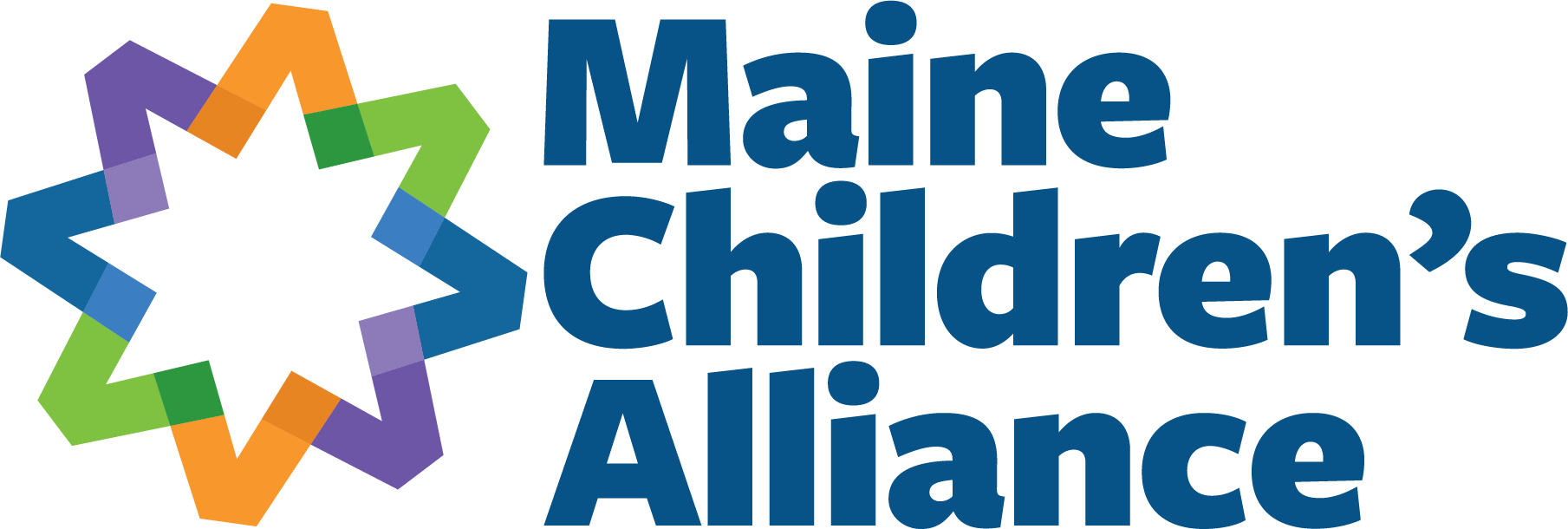
The Maine Children’s Alliance advocates for sound public policies and promotes best practices to improve the lives of all Maine children, youth, and families.
331 State Street, Augusta, Maine 04330 • Phone: (207) 623-1868 • Email: outreach@mekids.org
